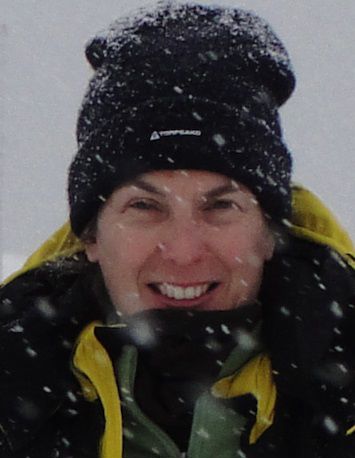Lunchtime Seminar: Monitoring temporal and spatial change in Antarctic terrestrial communities
- Location
- Learning Centre, UG09
- Dates
- Wednesday 3 December 2014 (13:00-14:00)

Workshop Leader(s): Professor Sharon Robinson (University of Wollongong), Institute of Advanced Studies Distinguished Visiting Fellow
Antarctica has experienced major changes in temperature, wind speed and stratospheric ozone over the last 50 years. Detecting the biological effects of Antarctic climate change has been hindered by the paucity of long-term data sets, particularly for organisms that have been exposed to these changes throughout their lives. We have shown that radiocarbon signals preserved along shoots of the dominant Antarctic moss flora can be used to determine accurate growth rates over a period of several decades, allowing us to explore the influence of environmental variables on growth and providing a dramatic demonstration of the effects of the recent climate change. This work has revealed evidence of a drying trend in several of the extensive moss beds in the Windmill Islands region of East Antarctica.
Developing methodologies to monitor key environmental drivers such as water availability and moss health parameters as well as species composition across larger spatial scales is a key aim of our research. Long-term monitoring of vegetation communities along a moisture gradient at two sites in East Antarctica commenced in 2003 using three complementary sampling regimes; turf water content, digitally determined broad-scale percent cover of vegetation and fine-scale relative species abundance, but these methodologies are labour intensive and limited to relatively small-scale plots. Recently we have incorporated the use of unpiloted aerial vehicles and high spatial resolution imaging spectroscopy to develop efficient methodologies to monitor Antarctic vegetation health and composition at a larger scale.
To register to attend this seminar please email Sarah Jeffery.